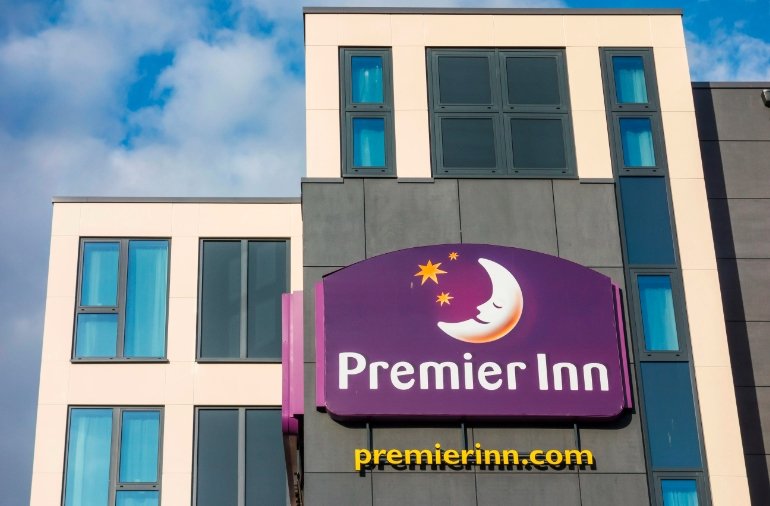In a recent turn of events, Premier Inn faced scrutiny as their advertisement promising rooms “from £35 a night” in Edinburgh was banned. This decision came after a complaint to the Advertising Standards Authority (ASA), which led to an investigation revealing that the advertised price was not widely available, thus misleading consumers.
The Allure of a Bargain
The appeal of affordable accommodation is undeniable, especially in a city as popular as Edinburgh. Premier Inn’s advert tapped into this desire, promising rooms at a seemingly unbeatable rate. The campaign caught the eye of many, but it also raised eyebrows when the advertised prices were nowhere to be found.
The ASA’s investigation found that only a small percentage of rooms were available at the £35 rate, contrary to the impression given by the advert. This discrepancy between promise and reality led to the ban, as it was deemed likely to mislead the public.

The Fallout of False Advertising
The impact of the ASA’s ruling is twofold. On one hand, it serves as a cautionary tale for businesses about the importance of transparent marketing. On the other, it highlights the vigilance of regulatory bodies in protecting consumer interests.
Premier Inn’s parent company, Whitbread, acknowledged the oversight and attributed it to the unexpected popularity of the £35 offer. They assured that measures are in place to prevent a recurrence, emphasizing their commitment to honest advertising.
Lessons Learned and Paths Forward
This incident underscores the delicate balance between enticing marketing and ethical business practices. As Premier Inn navigates the aftermath, the broader hospitality industry is reminded of the value of trust between service providers and customers.
Moving forward, Premier Inn and similar businesses will likely exercise greater caution in their advertising strategies. Meanwhile, consumers can take comfort in knowing that watchdogs like the ASA are on the lookout, ensuring that what’s advertised is what’s delivered.


















